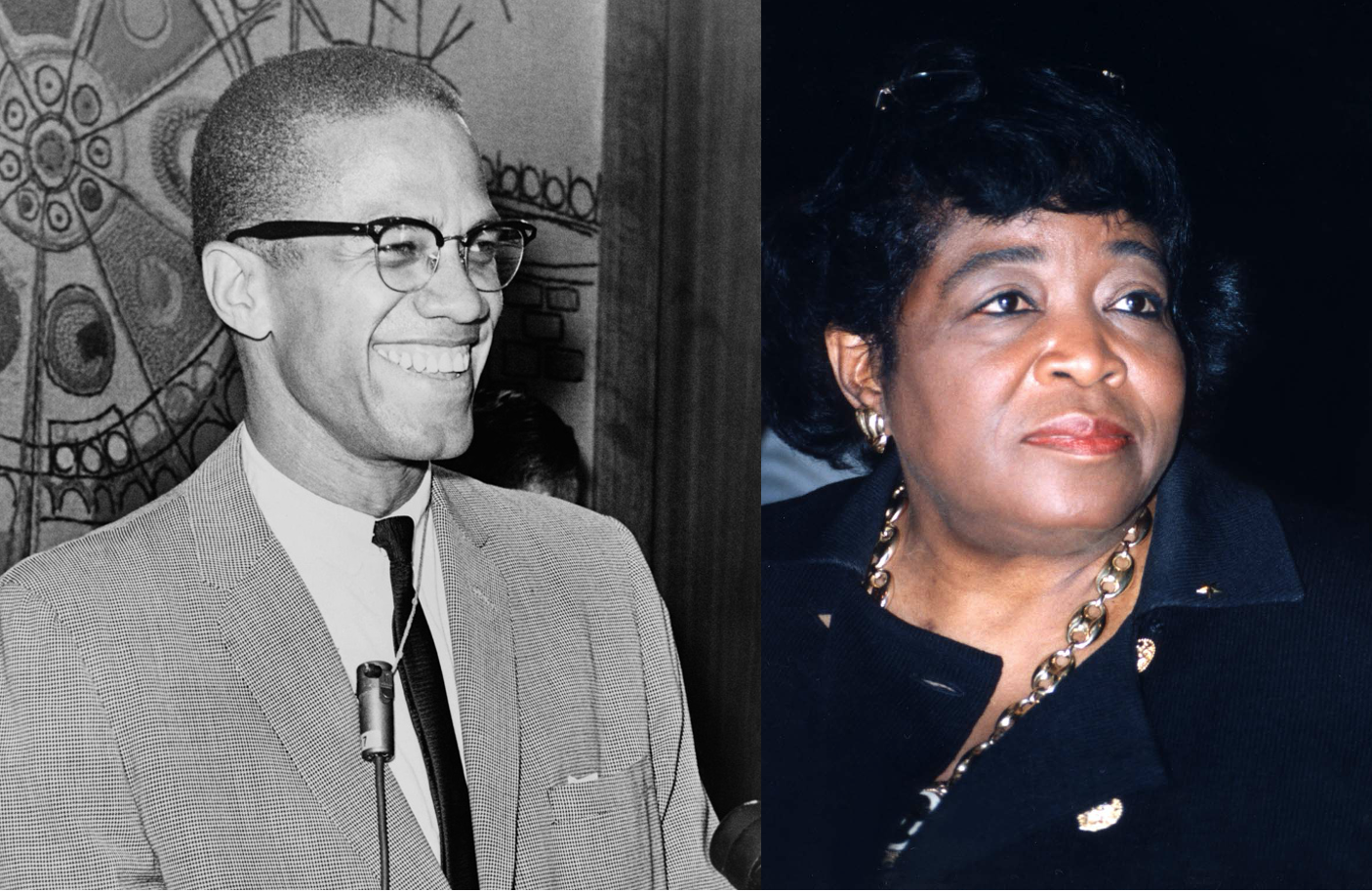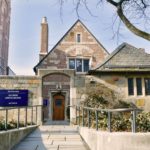Muslim student leaders discuss legacy of Malcolm X and Dr. Betty ‘Over a Black Coffee’
A panel group of Muslim student leaders, moderated by Dartmouth’s Chaplain Khalil Abdullah, discuss faith, race and activism, despite a Zoom-bombing early in the event.

Wikimedia Commons
On Sunday, Muslim student leaders and activists hosted a discussion marking the 56th anniversary of the death and martyrdom of Malcolm X, moderated by Chaplain Khalil Abdullah of Dartmouth College alongside student speakers from Yale, Dartmouth and Stanford.
The event was sponsored by the Muslim Leadership Lab at Dwight Hall, the Muslim Life Program at the Chaplain’s Office, the Office for Religious & Spiritual Life at Stanford, the Yale Muslim Students Association and Al-Nur, which is Darmouth’s Muslim Student Association. To open the event, Abdullah spoke about the legacy of Malcolm X and his wife, Betty Shabazz, to preface a student discussion in the informal, intimate spirit of a discussion “Over a Black Coffee.” Despite the initial interruption from a Zoom bomber who sent slurs into the event chat, the rest of the event carried on without additional incidents, according to event organizers.
“We are fortunate to be able to share their table, to sit at the counter and imagine what a conversation might be like between them, Betty and Malcolm, 50 some odd years after his assassination,” Abdullah, who is the Muslim Advisor and Multifaith Advisor at the Willaim Jewett Tucker Center at Dartmouth and has worked closely with Muslim students to support diverse and spiritual identities while strengthening their religious literacy, said. “We are so challenged and so pressed that we are in need of leadership that is clear, that is inspiring, that is moving us to be better versions of ourselves, and we hope that this conversation … will inspire us and move us to continue the conversation.”
Before the student discussion, Abdullah spoke about a photograph of Malcolm X and Betty with a reporter from June of 1963, prompting the attendees to “move [their perspectives] in even closer” and think about what they would say in a conversation with the civil rights activists. During this time, a Zoom-bomber projected a repetitive series of expletive words in red over the image and said a derogatory word in an automated voice.
The unknown Zoom-bomber, with the screen-name “Jamie M” was quickly removed from the meeting, as attendees expressed confusion in the chat. Abdullah spoke through the unpleasant and unwelcome moment without faltering and continued on with the event. The individual did not return to the call.
“We were sort of shocked because it hasn’t happened in a long time [but] it also didn’t shake the program,” lecturer and associate research scholar and director of the Muslim Leadership Lab, Abdul-Rehman Malik told the News. “I was so moved by the student reflections. They were challenging, they were intersectional in the best way … they were bringing in gender, patriarchy and masculinity and what it means to be a hero.”
Malik expressed his pride in creating a space that welcomes engagement with Malcom X’s legacy and helps “to push the envelope of how people are talking about Malcolm and Betty.”
Abdullah soon opened up the floor for an intimate discussion between five pre-selected student audience members.
One of them, Sarah Pitafi ’22 first inquired about how to maintain hope and be the “best fighter possible,” highlighting hope as one of the most key aspects in being engaged in activism and fighting for what’s right.
Then, Aleemah Williams, a first year at Dartmouth College, sparked a discussion about Betty Shabazz and the intersectionality of her identity while comparing her activism to that of today’s activists.
“My identity shapes my opportunities that are offered but the history of those who struggled before me influences the opportunities that I fight for,” Williams said. “We also need to understand the struggles of our brothers and sisters is not just in the United States, but we’re struggling globally and unifying our struggle.”
Faatimah Solomon, a senior at Stanford, then spoke about the foundations and roots of Malcolm and Betty’s work while reflecting on her own family history in Sudan and trying to untangle its complicated roots.
After a brief pause for reflection, Daud Shad ’21 spoke about how he interprets Malcolm’s work.
“There is so much important knowledge to pursue and ways to grow as a human,” Shad said. “We need to always be curious, appreciate the wonders around us and have that burning desire for truth, which will guide our pursuits for justice.”
Finally, Labeebah Subair ’22 expressed her curiosity about the weight of Malcolm’s experience being both Black and Muslim in the United States and the role of Black women in activism. Specifically, Subair mentioned the lack of credit that Black women are given for their role in movements as something she would want to hear Malcolm speak about if they were in conversation.
Following the student remarks, Abdullah opened the conversation to all audience members. They extended the conversation to hope, grief and the current political moment.
“I was deeply impressed with and appreciative of the depth and honesty of the students reflections and conversations,” Director of Muslim Life Imam Omer Bajwa, who helped plan both Saturday and Sunday’s events, said. “It’s a testament to how powerful the legacies of Dr. Betty and Brother Malcolm continue to be and how seriously young Muslims want to critically engage with ongoing issues of race, religion and power.”
Amelia Lower | amelia.lower@yale.edu









